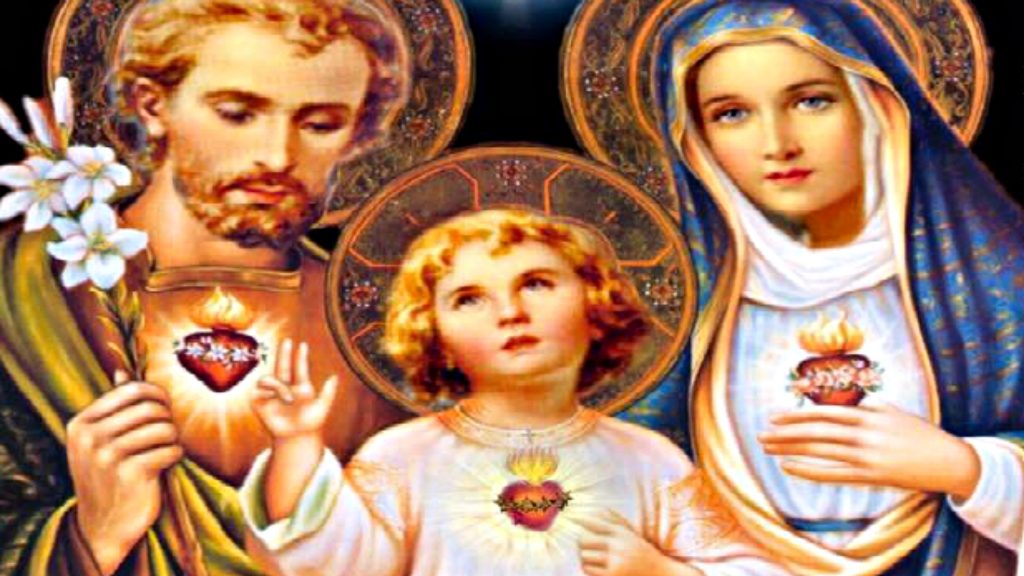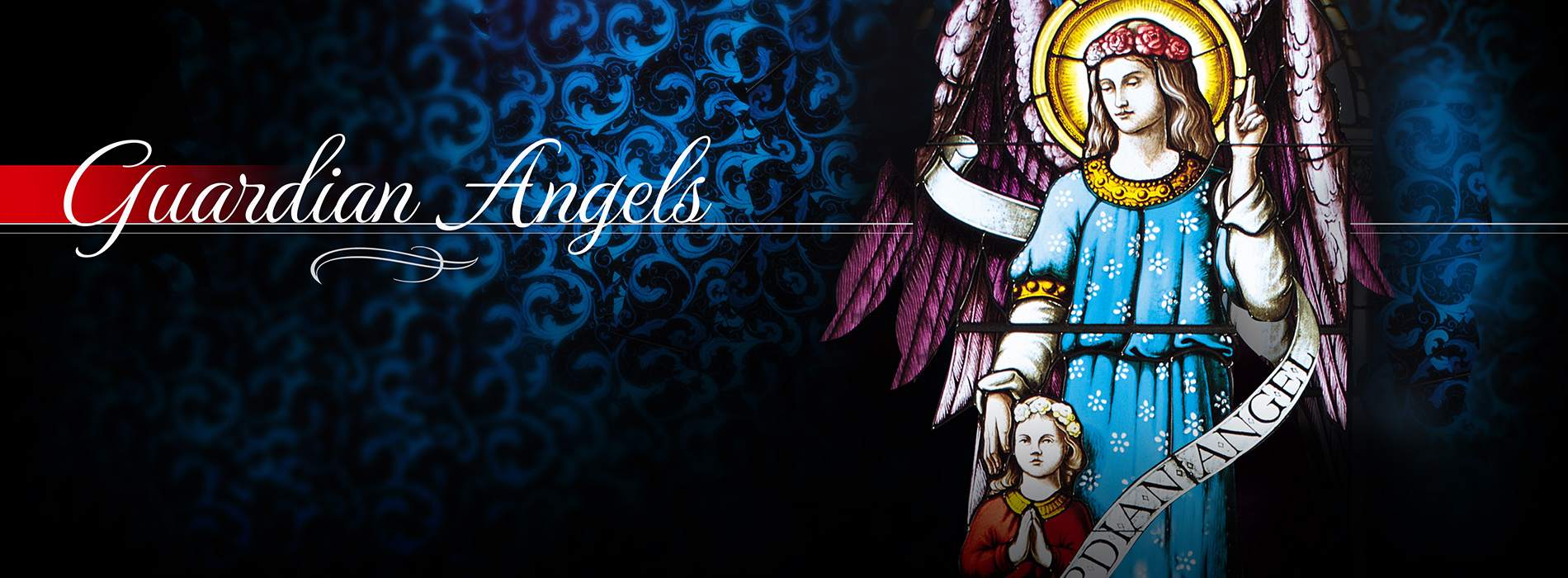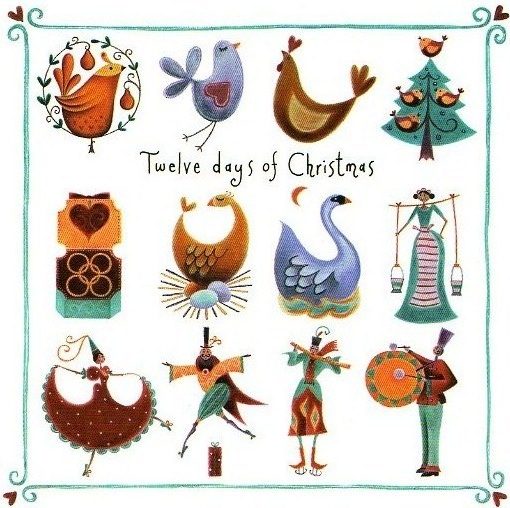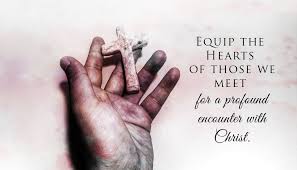Several weeks ago, I read an article in The Atlantic by George Packer entitled “How America Fractured into Four Parts.” The article is excellent, especially in how Mr. Packer beautifully reflects upon the question of why it is that people in the United States no longer agree on the nation’s purpose, values, history, or meaning. But the last part of his article focuses upon the question “Is reconciliation possible?”

The article got me thinking about how fractured our country is, but even more so about how any kind of reconciliation might be possible. So, on this day on which we celebrate the 245th anniversary of the ratification of the Declaration of Independence by the Second Continental Congress, let me offer you a few thoughts upon how reconciliation within our deeply divided and wounded country just might be possible.
Before I do though, I want to provide you the context that Mr. Packer so brilliantly prepared within his article about the “Four Americas.”
The first America is “Free America.” According to his definition, Free America is one that draws on libertarian ideas and has consumer capitalism as its engine, and it’s all about personal freedom, but without other people. Free America is an anti- Communist, anti-Socialist America, and believes that the purpose of government is simply to secure individual rights, and little else. So, Free America means freedom from government and bureaucrats, and the freedom to make as much as possible without thought about the impact to anyone else.
Free America and its narrative have steadily declined in the last four decades, especially after the end of the Cold War in which the direct threat of Communism subsided with the fall of the Soviet Union and the Berlin Wall, but the result for Free America is an isolation rooted in distrust of all sources of authority–like schools, unions, banks, media, and churches. Freedom for Free America now is solely about personal dignity, and the identity of Free America is now about breaking institutions down, not building them up.
The second America is “Smart America.” Smart America is made up a new class of Americans—men and women with college degrees, skilled at knowledge and salaried professionals in IT, engineering, design, management consulting, law, higher education, the arts, and financial analysis. They go to school together, marry one another, live in desirable neighborhoods, and make sure their children have all the same advantages (or more) than they had growing up.
Very simply, they are at ease with modern life and all its trappings—fine dining, entertainment experiences, and travel to luxurious resorts. They believe in credentials and expertise as the qualifications for entry into their world. They have a very cosmopolitan outlook in which they embrace capitalism, but also believe that your talent and effort will determine your reward. Bottom line, Smart America sees the individual as the unit of worth, therefore, if you are not succeeding in life, it’s because you have failed in some personal way, not because there might be inherent unfairness in the system.
Free America shaped the parameters of how Smart America thinks, and the results–free trade, deregulation, multiculturalism, global economy, Wall Street and Silicon Valley are all synonymous with Smart America. Unfortunately, all of the leaders of Smart America have withdrawn from civic life and now spend time absorbed in their own pursuits, rarely having contact with others outside their way of life. This had led to an uneasiness with patriotism—viewing it as primitive and unnecessary in a global world, and therefore, anyone who is patriotic is deserving of condescension because they obviously don’t know any better.
The third America Mr. Packer describes is “Real America.” Real America is comprised of people who are hardworking, live in small towns, are pro-America , and who teach their children to respect their elders, trust in common sense and to strive to be good, moral people as a result of their faith in God and country.
Real America has always had an anti-intellectual bias as it believes that governing doesn’t take special wisdom, but only common sense and the wisdom that arises from it. In addition, that Real America feels that there is a parasitic elite and a shiftless underclass that benefits from their hard work—the same hard work that keeps America running.
All of the perspectives of Real America are interwoven with religious undertones—predominantly evangelical and fundamentalist—is hostile to intellectual authority and modern ideas, and has a strongly isolationist and aggressively nationalistic attitude. Combine this with the high impact felt among Real America by their many sons and daughters who served in the Global War on Terror and the Great Recession that followed the 2008 financial crisis, and Real America is now convinced that the system is rigged for elites and insiders. Bottom line, Real America has no trust in anything that Smart America has a hand in, while believing that Free America has sold out the cause of freedom for money.
And this brings us to the fourth America, “Just America.” Just America rejects all the ideas that previous generations were raised on–ideas like, “all men are created equal,” or “work hard and you can be anything,” “knowledge is power,” or America is a nation of immigrants, or that “democracy and capitalism are the best and only systems.” Just America doesn’t buy it. Just America sees the American experiment as a straight line from slavery to segregation to second class life that many black, indigenous and people of color live today. Therefore, Just America advocates that justice in America will never be possible.
Just America is epitomized by critical theory. It upends the universal values of objectivity, rationality, science, equality, and freedom of the individual, and instead, uses individual subjectivity to look at the world. In particular, the lived experience of the oppressed is what is important. Equity is now the watchword instead of equality. Oppression is seen in everything; not just unjust laws, but unjust living conditions, to include individual psychological trauma that can result from another’s speech or texts. The narrative of Just America is that American society is a fixed hierarchy that must be overturned because there is nothing fundamentally good because of its inherent racism from the beginning. It means that America has no possibility for being made better.
So, this is the state of our country today—these four Americas. Completely at odds with one another and unable to see how anyone who is a part of a different America could possibly be trusted or listened to, let alone worked with in order to be able to achieve a monumental transformation and re-envisioning of our how America might embrace the potential of its founding almost two and half centuries ago.
Now, if you have made it this far into my rambling, you might be a bit depressed on this July 4th, but have faith, and hold on to hope, for what I propose next is a solution that has been present to Catholics for centuries—the Three Hearts, but it’s fullness is only just now coming to light.

The Three Hearts are the Sacred Heart of Jesus, the Immaculate Heart of Mary, and the Chaste Heart of Joseph. Most of us are more familiar with the Sacred and Immaculate Hearts, but only during this Year of Saint Joseph are we becoming more familiar with the Chaste Heart of Joseph, and I find it nothing but absolutely providential that the fullness of the messages of the three hearts is revealing itself now in the midst of the great division we are facing in our nation.
So, how might the three hearts speak to each of the Four Americas and not only bring about a reconciliation between them, but also provide a Way ahead?
First, let us consider what the Chaste Heart of Joseph might have to share with each of the Americas. For Free America, Joseph himself was a small business owner, running his own carpenter shop in Nazareth, and he most definitely can identify with not appreciating governmental interference, as he suffered from taxation by Roman and Jewish authorities.
Joseph is able to earn his place in Smart America through his intimate knowledge of Scripture and the law, and he was not a provincial man or lacking in ability as he was able to successfully take his family to Egypt and live there for several years.
Regardless of his worldly knowledge, Joseph was a man like those of Real America who worked with his hands. He was salt of the earth, whose came from the small town of Nazareth.
And Joseph can only too well identify with Just America having been a victim of persecution by Herod, experienced exclusion as an immigrant in Egypt, and faced unfair and discriminatory situations as a faithful Jew in Roman occupied Palestine.
To put it simply, Joseph is a man of all the Americas, and his example of being recognized as a “just man,” never shirking from his responsibilities to be foster father to Jesus and protector of Mary regardless of the challenges, and willingness to be obedient by listening to God through angels sent to him are all attributes that we all need to develop in our own lives.
Most importantly, the message Joseph speaks to us is how he allowed his heart to inform his mind and will, particularly in refraining from judgment, but rather seeking to always respond and act in mercy and trust and faith. Not faith in himself, but faith in God, strong hope in His plan of salvation, and living out charity in his chaste love of Mary and Jesus.
And although Saint Joseph was most definitely chaste in refraining from physical sexual relations with Mary, it is important to remember that to be chaste is not simply about refraining from sex. It is also about purity. It’s about being pure in heart and mind as well as body, and this is one of the most powerful messages that Saint Joseph has for all of us today, regardless of which of the four Americas we might be a part.
Mary’s Immaculate Heart speaks to each of the four Americas as well, for her message is a universal one of faith, hope and love. Mary provides the example of faith that it is possible to find peace, consolation and joy when we humbly rely upon God rather than ourselves. She shows us how to remain rooted in hope throughout all of the joys and sorrows that come throughout life, as she trusted that God’s plan is better than any plan that we could ever design for ourselves.
But most importantly, she shows us the importance of love and quiet contemplation as she “pondered all things in her heart” by going quietly about her daily duties and seeking to dedicate everything to God while looking to Jesus for answers. We, too, must do this so we will find all that our hearts desire.
Which brings us to the Sacred Heart of Jesus. The Sacred Heart of Jesus pours out his love and mercy upon the souls of the faithful, purifies them, offers them heavenly strength, and rouses them to the attainment of all virtues.
Jesus’s profound love for us is demonstrated through His willingness to sacrifice His life for our sake. The love from His Sacred Heart motivated all His actions — His inner life was manifested in His virtues and sacrifice. Yet this great love is often rejected or spurned by many of us. So, devotion to the Sacred Heart of Jesus allows us to focus our hearts on receiving and returning His love with gratitude — with all of our heart, soul, and strength — that Jesus may be glorified.
And this is the great message that the Sacred Heart provides to each of the Americas—that we must be willing to sacrifice our lives for others. That we must be motivated by love in all of our actions and demonstrate our love for one another through living lives of virtue and sacrifice.
The Four Americas would do well to listen to the messages modeled and shared for us by each of the Three Hearts. To model the Chaste Heart of Joseph, especially in our willingness to be obedient and LISTEN.
To model the Immaculate Heart of Mary through HUMILITY and TRUST and the realization that it is only by turning to Jesus that we will find answers to the challenges we face in our lives and in our country.
And to model the Sacred Heart of Jesus through LOVE and SACRIFICE for others, even those who may reject us.
Together the Three Hearts point out the way ahead for the Four Americas.
The Three Hearts are the solution because they inspire, encourage and accompany us in following THE Way.
For it is only THE Way that can unite America again. It is only the Way that can help us reconcile our differences.
It is only the Way that can give us the capacity to be inspired to have faith in one another.
It is only the Way that can fill us with the hope of possibility.
It is only the Way that gives us the desire to truly love by willing the good of all.
The Way can bring about the reconciliation of the Four Americas.
The Way can redeem the promise of what America can be, and which was first envisioned, and then captured in writing in words of the Declaration of Independence, and which we celebrate today on July 4th.
Jesus is the Way, the Truth and the Life.
So, my prayer for our nation on this July 4th is that the Four Americas recognize the Truth; that the Three Hearts inspire us to each live His Life; and that love of the Way may grant each of us life, liberty and the pursuit of happiness beyond our wildest imaginings.
Happy 4th of July and God Bless!
PS–Want to talk more about this topic? Then join me on Clubhouse at 7:30AM CST in the Say Yes to Holiness Club on July 4th. Use this link to jump into the conversation on Clubhouse using your phone!
https://www.clubhouse.com/event/M55OBXWX
Christina Semmens is a Roman Catholic author, speaker, and coach and host of the Say Yes to Holiness podcast. She currently lives in Fort Payne, Alabama where she strives to live out a life of authentic discipleship in the pursuit of holiness while empowering, teaching and accompanying others in striving to do the same.
Click here to sign up for a FREE 15 minute connect call with Christina
If you are enjoying these posts, make sure to get a copy of Christina’s latest book, Say Yes: Discovering Purpose, Peace and Abundance in Daily Life either on the Say Yes to Holiness website, or here on Amazon.
To learn more about how to embrace the life God created you for and discover more purpose, peace and abundance in your daily life, then become part of the Say Yes to Holiness Movement! You can do that by either joining the Say Yes to Holiness Community group hosted on SmartCatholics, or joining the Say Yes to Holiness TODAY Facebook group here. For FREE challenges, events and Masterclasses, check out the Say Yes to Holiness Movement on the web.
To receive notifications about all upcoming events and receive the weekly Say Yes to Holiness Newsletter. Sign up here.
Subscribe and listen to episodes of the Say Yes to Holiness podcast here, and subscribe and watch the Say Yes to Holiness YouTube channel to be inspired and encouraged on the path towards holiness as you make your faith an integrated part of your daily life.
More information can also be found at: www.sayyestoholiness.com and www.christinasemmens.com




